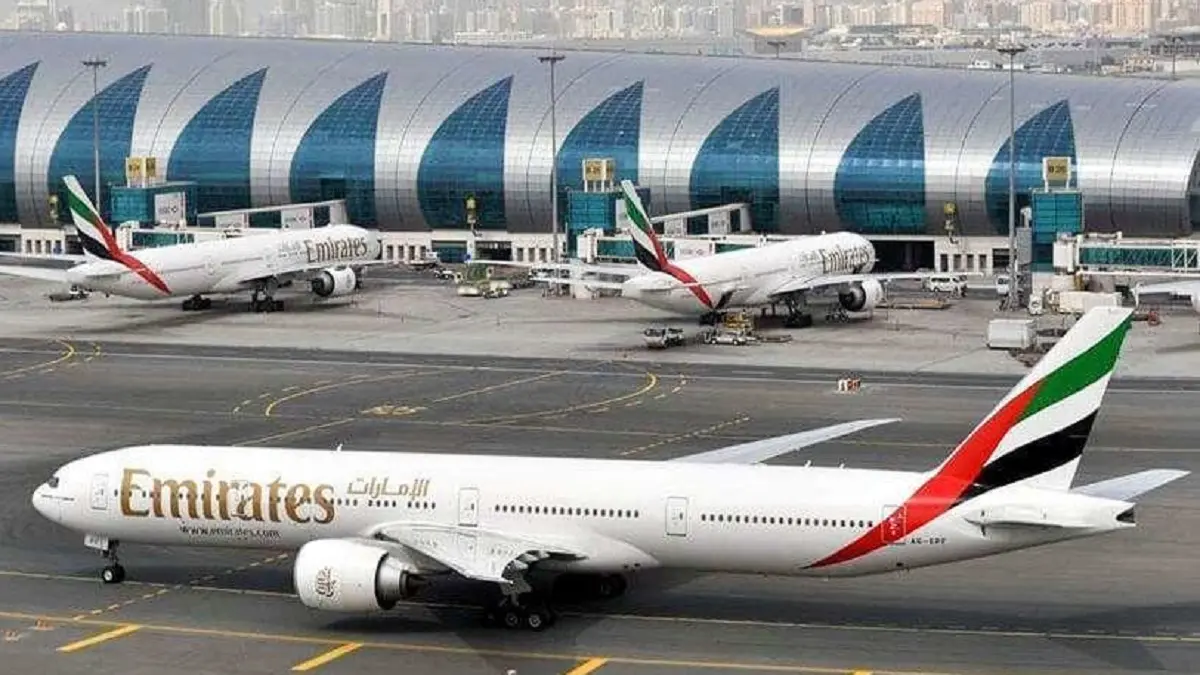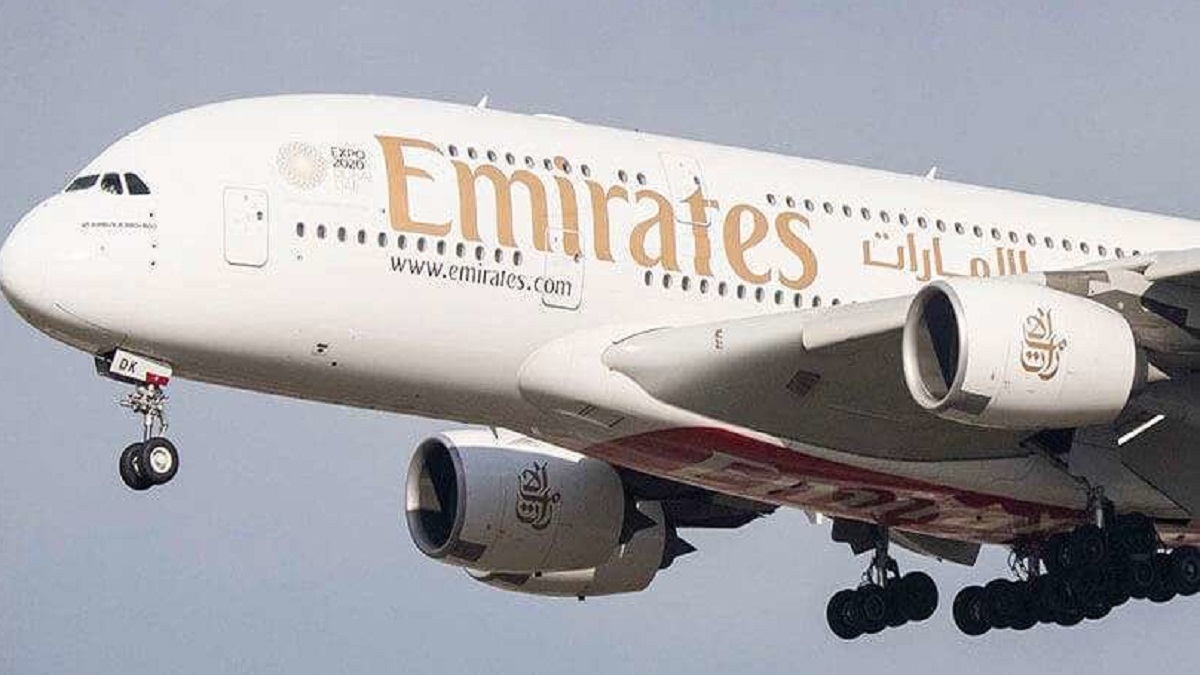Emirates airline increasingly committed to sustainability

The aviation industry generates 3% of global atmospheric emissions, but sustainable alternatives such as electric and hydrogen-powered aircraft or SAF (fuel produced from raw materials and animal waste), which are still too few to meet the needs of global aviation, make it difficult to reduce emissions as mandated by the Carbon Reduction and Offsetting Scheme for International Aviation (CORSIA) by 2027.
With an eye on green energy projects, the UAE has invested more than $40 billion over the past 10 years, seeking to take the lead in the Middle East region. In 2021, it launched its Zero Emissions by 2050 Plan, which aims to reduce the impact of aviation on the atmosphere through clean and renewable energy sources. Emirates Airlines' strategy is based on three pillars: nature conservation, responsible consumption and the reduction of greenhouse gas emissions. However, Emirates Airlines CEO Tim Clark has stated that "the currently available airlines' emissions reduction pathways will not allow them to achieve the targets set out in the zero emissions timetable".

This has led the airline to commit $200 million over three years to a fund for research and development projects to reduce the impact of commercial aviation fuels. To this end it will "pursue partnerships working to find advanced fuel and energy technology" under the supervision of the Environmental Sustainability Executive Steering Group. In the meantime, Emirates will continue with environmentally responsible practices such as SAF, despite its cost five times higher than conventional fuels. Already in January 2023, they flew the first 100% SAF-powered flight in collaboration with Boeing and GE, but this bio-based supply falls short of 0.1% of aviation needs, TradeArabia reports, making it a limited option for the airline for the time being and one that will not be covered by the fund, as it will only be used for R&D.
Emirates also has a programme that researches and implements ways to reduce emissions and fuel consumption. The company's president says they are "examining the realities we face in commercial aircraft and engine technology, the supply chain and the regulatory requirements and ecosystem of our industry". They will include modern aircraft that produce fewer emissions and continue to realise "flexible runways"; more efficient flight paths by avoiding headwinds and unfavourable weather systems; or fuel efficiency practices while the aircraft is on the ground by avoiding aircraft auxiliary power and using ground power units.








